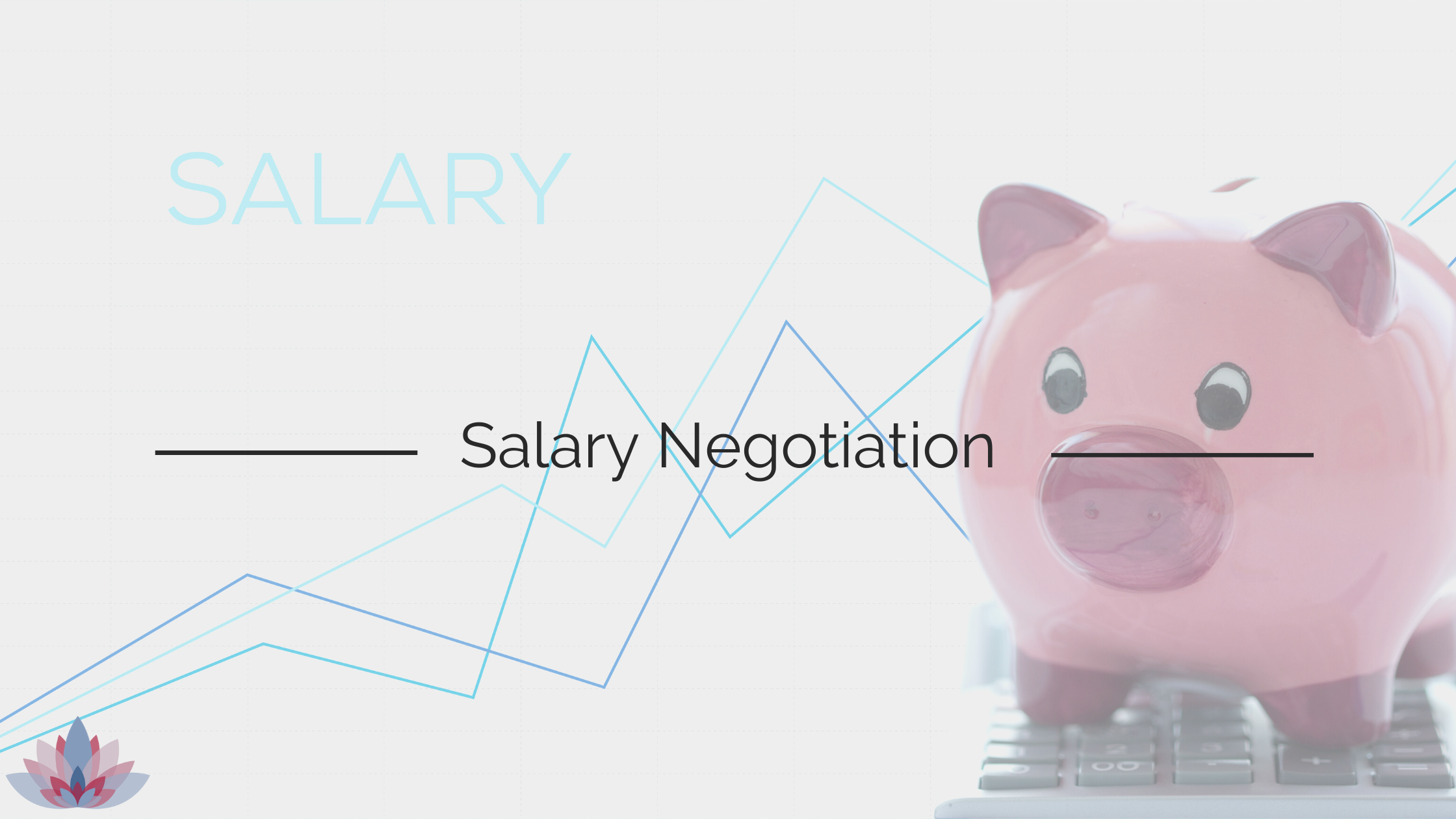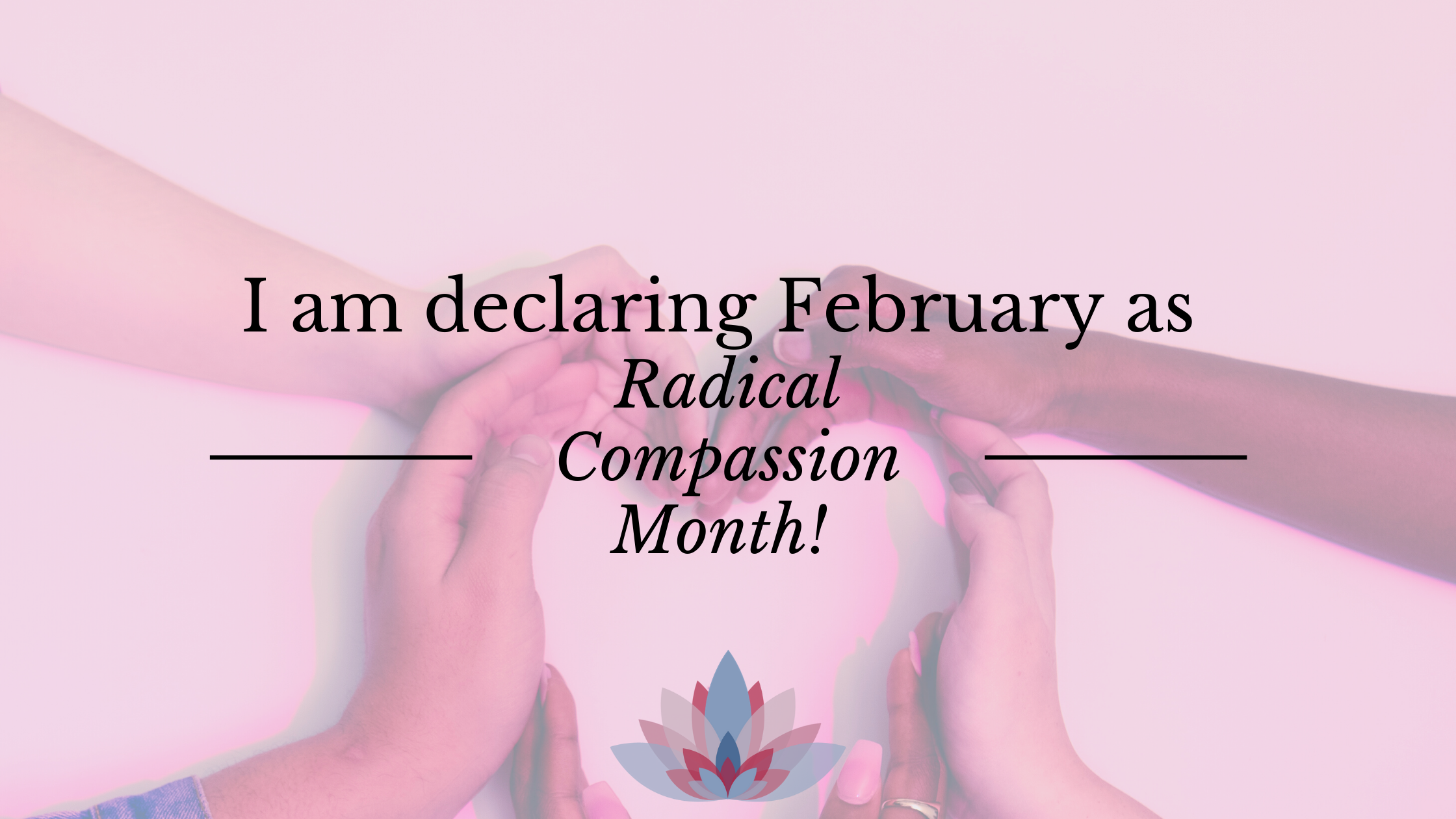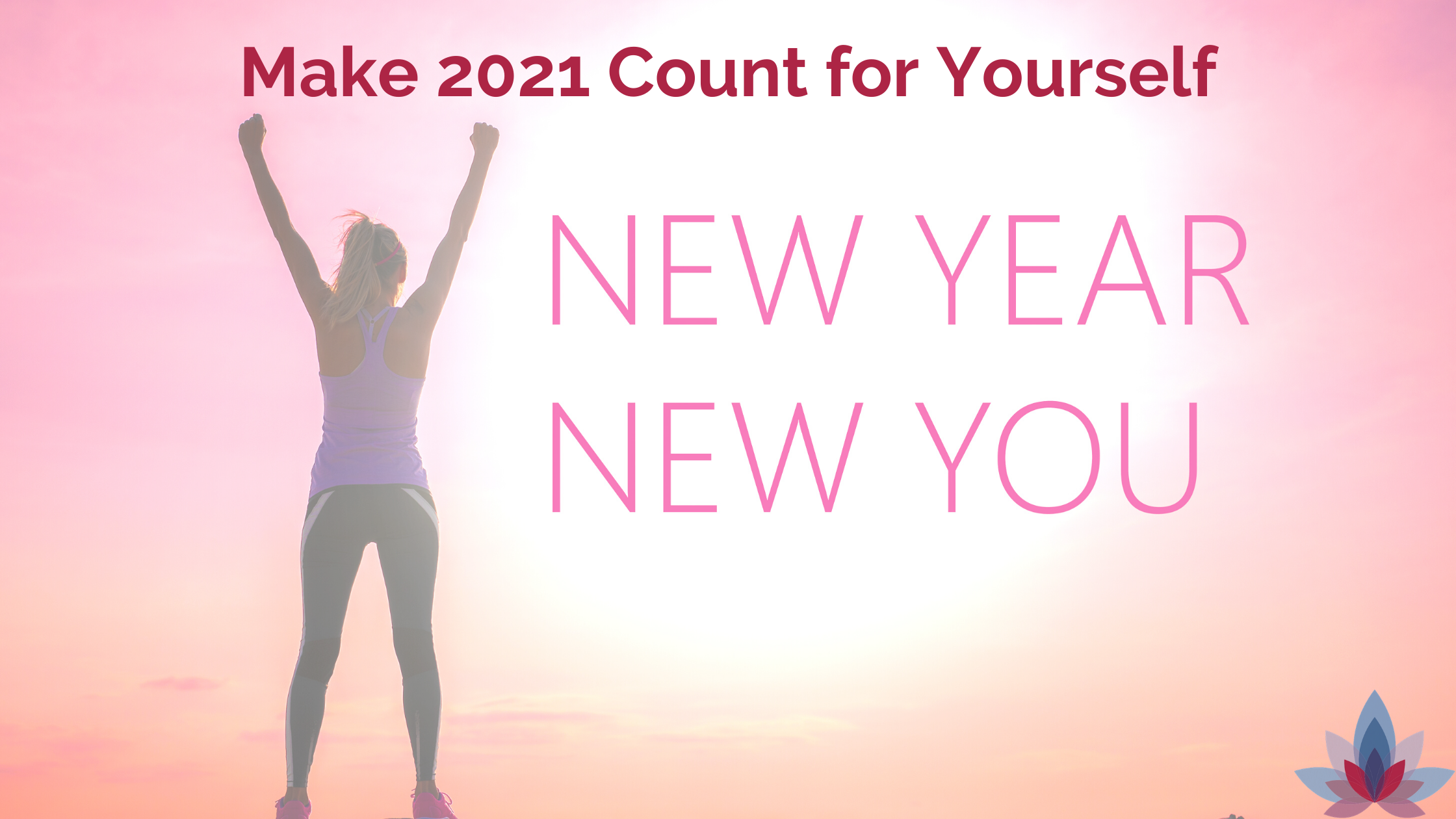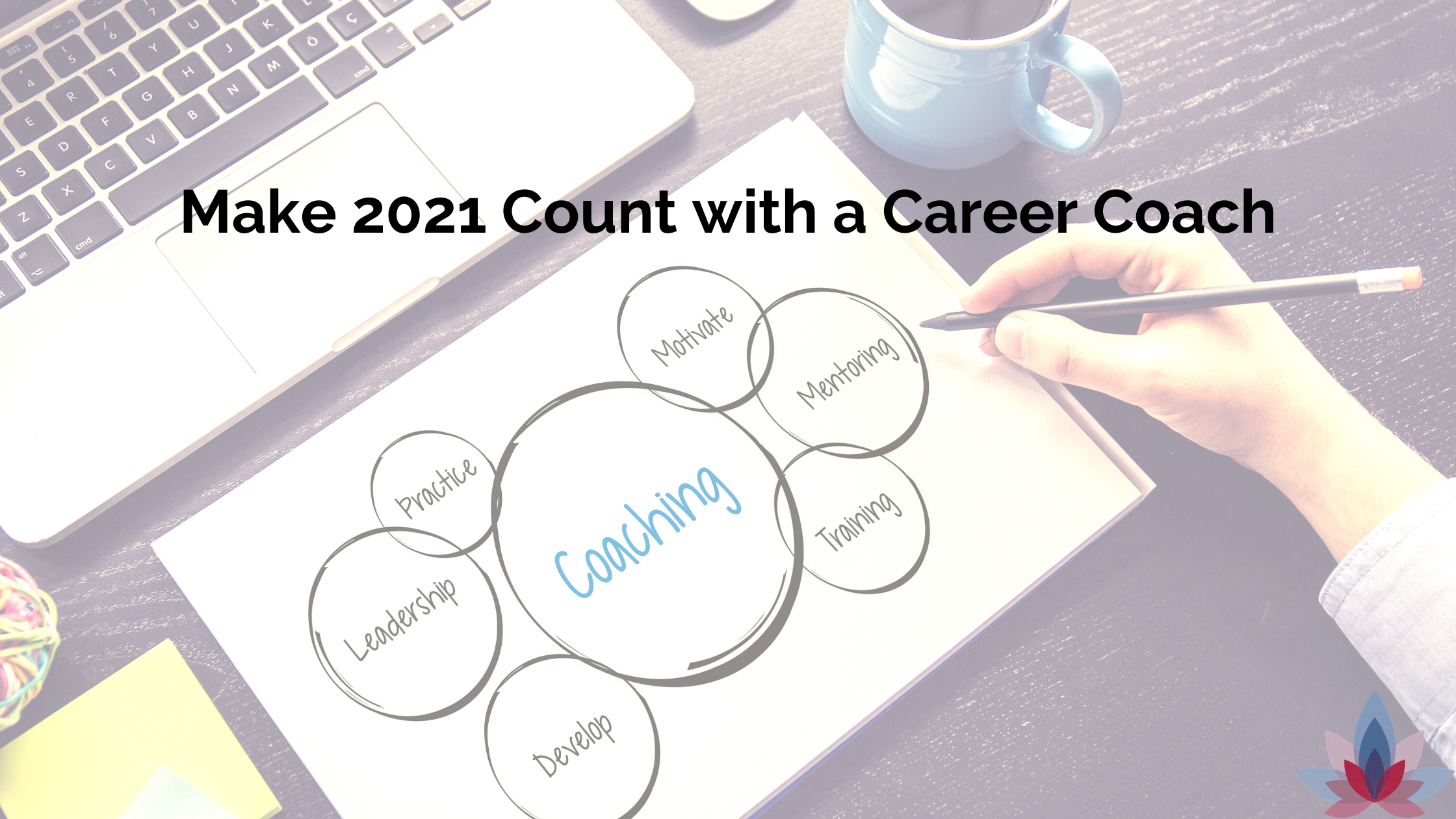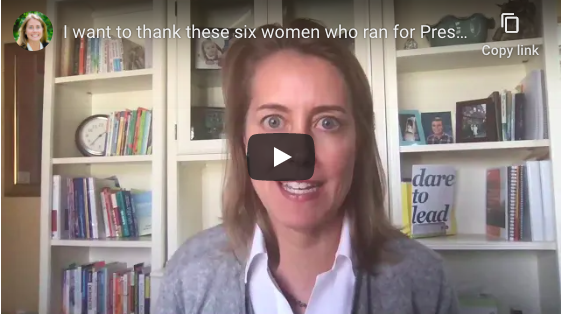Strong Interest Inventory and Myers-Briggs Assessments
For career transitions, the most popular assessments are the Strong Interest Inventory and Myers-Briggs. And today, I am going to talk to you about the Strong Interest Inventory. It’s definitely one of the most popular ones that I do. And I do it in the process of a five-session series, and we usually do an assessment around the second or third session.
The main reason why we do it is for self-awareness. The assessment is not the end-all, be-all. I would be a billionaire if I could give people assessments and they would tell them what career they should be doing, and they would be very happy in this career. And gosh, we would all be so happy and successful. We don’t have that tool, but the Strong Interest Inventory along with the Myers-Briggs helps you become more aware of what you do like and what you do want to go forward with, and what you do want to work towards.
The Strong Interest Inventory is based on Holland’s Theory, John Holland, and he has a whole book on it. In a nutshell, if you find your people, you’ll find your work. Then the opposite is true as well. If you find your work, you’ll find your people. He identified six types of work environments and types of people that work in those environments. The assessment assesses you within that pool of people that are your gender and that are in your age group with similar interests. The six types are realistic, investigative, artistic, social, enterprising, and conventional. The assessment gives you a three theme code. It could be realistic, investigative, artistic, those are your three, so you can research just realistically. you could research realistic and investigative, and then you could research about all three of them. And the Strong Interest Inventory does that for you, but there are other research tools too, once you know your theme.
In addition to the Strong Interest Inventory, after you know the theme, it’s very interesting, they also tell you your interests, work activities, potential skills, and values. You get to assess, “Okay, is that really me, or is that not me?” And in most clients it is them, and they think it’s really cool ’cause it’s like them. “Oh yes, I do like cooperation, generosity, service to others, that is my value. Those are my values, so I want to be around people that have those values.” For enterprising, the values are risk-taking, status, competition, and influence. People that have those values go to similar careers. That’s what the Strong Interest Inventory tells you, and then it gives you your top five interest areas, so you can research those.
Then it gives you ten titles, which everyone loves to see. Those ten titles you can research. They also give you dissimilar interests, which is always fun. They give you lots of information for the ten titles, and then it zones out again and gives you even more careers that you might be interested in. I’m social, helping, instructing, caregiving. I could look into all of these careers, and then I could look at enterprising alone. My third one is artistic so I could look at artistic. It is a fun assessment to get to know yourself.
I do recommend it if you are in a career transition, however, you do not have to use it. It is up to you and I can give you more information. Just call me, send me an email and we can set up a free consultation. My email is, JaneMcKeenBCS@gmail.com, and we can go over what this assessment can do and/or with the Myers-Briggs as well. The main focus of why to do an assessment is for your own reflection and the ability to process it with a coach. Processing with a coach is where the learning comes in. I am going to be asking you questions to widen your self-awareness about yourself. There might be something that we can uncover that you didn’t know about yourself and that you do want to work towards.
The other reason why assessments are so powerful is that it confirms what you’re already thinking about yourself. For instance, from the first session which is a background, I’m asking you some questions about your background and I’m pulling out information from you, things that you loved to do. You create some themes and ideas from that session. The assessment confirms it, or it might shed light on a new area that you just did not think of. I highly recommend looking into it if you’re interested. I’m gonna send a sample report attached to this video, and if you are watching this and it’s not attached, just reach out to me and I can send you a sample assessment.


